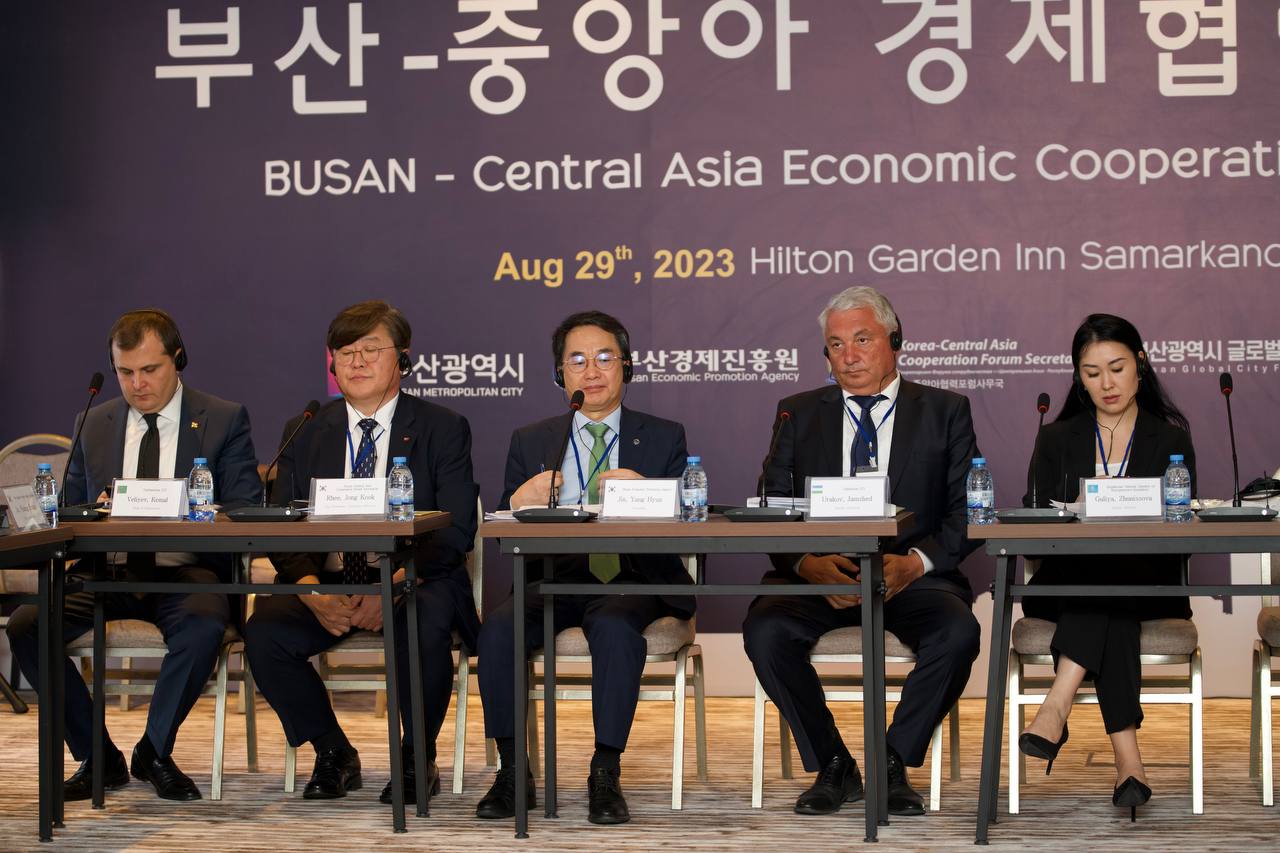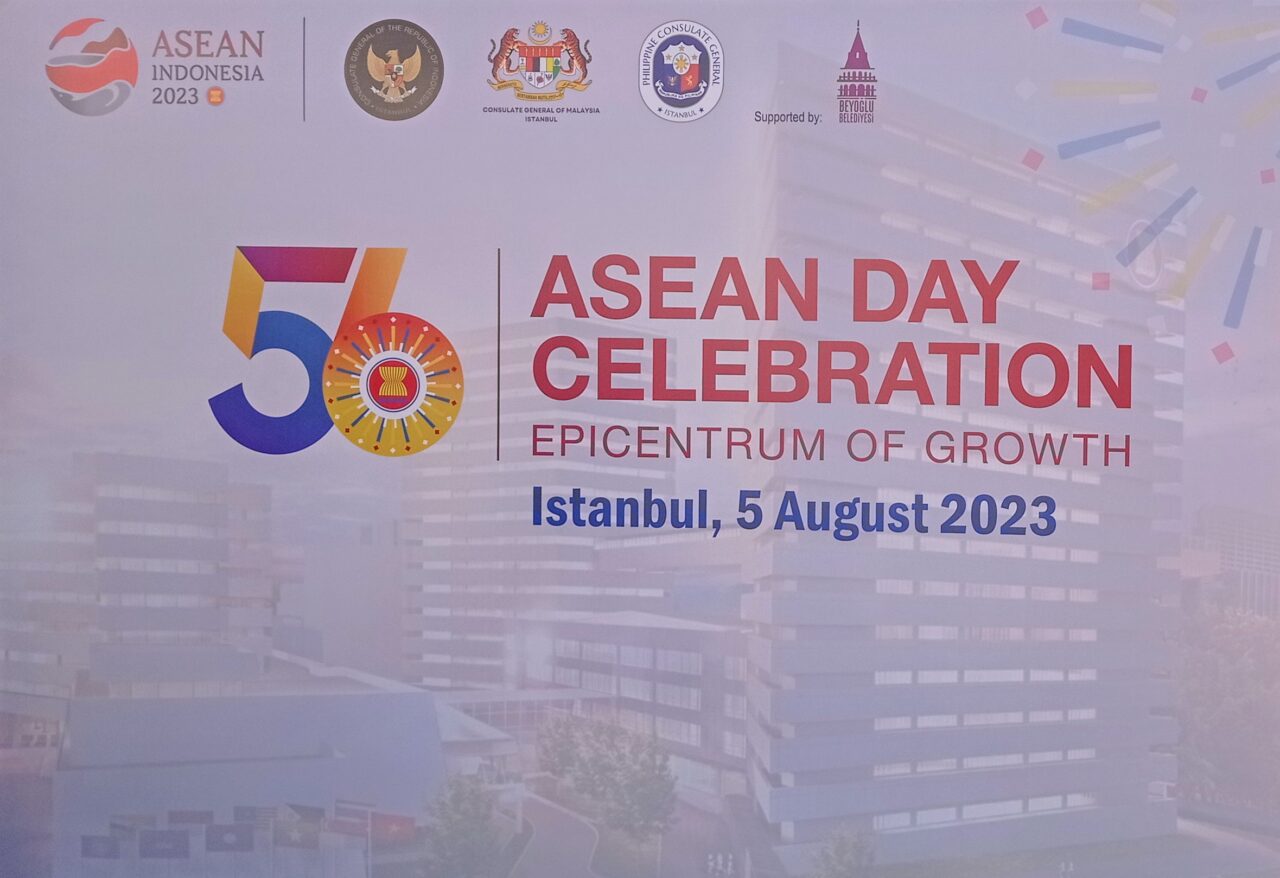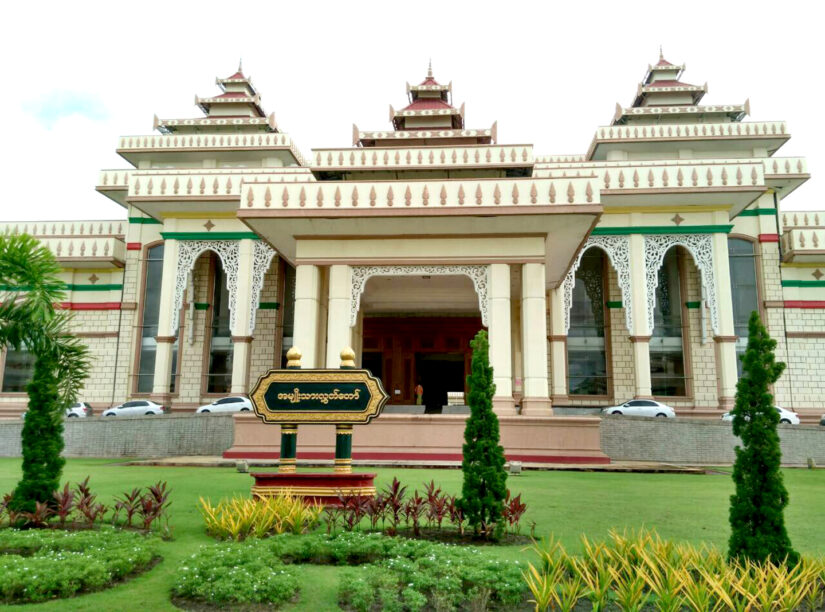Myanmar War: China’s Support for Ethnic Armed Groups
China’s involvement in Myanmar (Burma), particularly in supporting ethnic military alliances, is a complex and evolving issue. China has strategic interests in Myanmar, including economic investments, infrastructure projects under the Belt and Road Initiative (BRI), and a desire to maintain stability in its neighboring country and trade partner.















